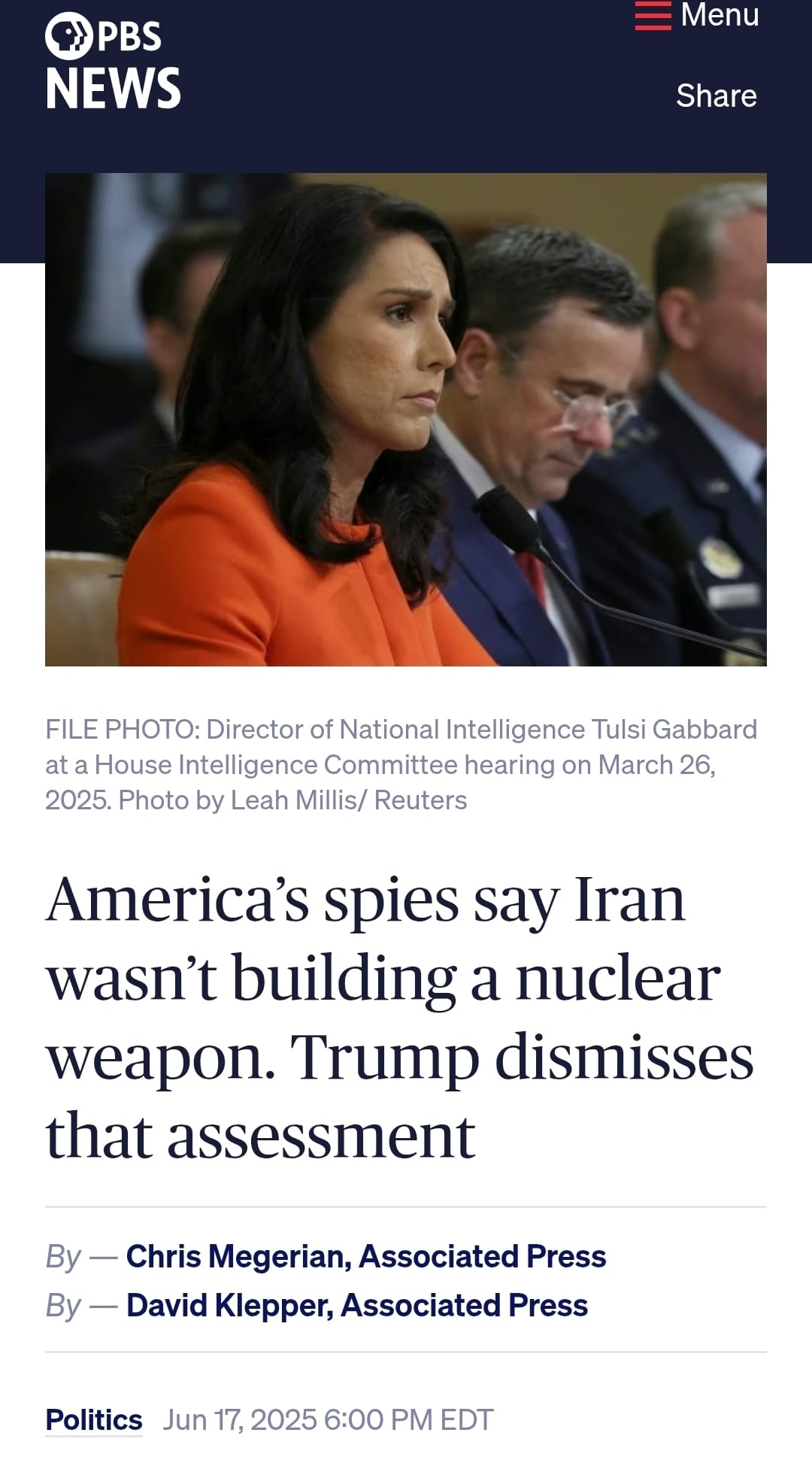How the Covid lockdowns proved we are dead as a species
There's no way out

Prior to the pandemic, I knew humanity was screwed but I still had some hope that we at least had the option to do something about it. I thought we could wind down emissions by slowing production. I thought renewables could substitute current energy sources. I hate to admit it, but I also thought recycling did some good.
The pandemic began with great hope we'd finally take the climate seriously and we'd "come together" as a species.
I've always been a bit of a doomer. Doomer lite, you might say. Until the pandemic, I thought there were solutions. I thought we had time. The surge in environmental social consciousness brought on by the realization we are at the mercy of mother nature gave me hope. Covid flipped us on our back, and people finally got it. It was meant to be a turning point.
When the world shut down in early 2020, we witnessed a gargantuan level of economic disruption. Streets emptied, businesses closed, and millions lost their jobs almost overnight. Fear was balanced by hope.
Unfortunately hope was then decapitated by reality. I finally saw what was really behind the curtain. It was not pretty.
In the U.S., GDP fell by a staggering 33% annualized rate in the second quarter, and unemployment soared to nearly 15%. Globally, the economy shrank by almost 5% during the worst of the lockdowns. This was a rare moment to test how responsive co2 emissions are to economic activity. To test how we could affect the climate by dialing down economic output. Clearly the two are linked via causality. But to what degree? Do emissions decline 1% for every 1% decline in GDP? Could a growth slowdown lead to a disproportionate drop in emissions? One would hope.
With planes grounded, highways deserted, and factories shuttered, surely the environment would get a much-needed reprieve. While daily global CO₂ emissions fell by about 17% at the peak of the lockdowns in April 2020, the rate of decline was only half that of the economic crash. Moreover, when the numbers for the full year came in, the decline was even less dramatic at just 4% to 7% below 2019 levels. Let me summarize: The world economy had experienced its sharpest contraction since the Great Depression with little impact to CO2 emissions.
This live experiment proved our situation is hopeless.


Obviously this isn't a perfect experiment. After all, while sectors like transportation saw steep drops in emissions, other major sources, like electricity generation, heavy industry, and agriculture, kept running, albeit at slightly reduced levels. Essential services and infrastructure continued to consume energy, and as soon as restrictions eased, emissions quickly rebounded. Still, the pandemic demonstrated the interconnection between economic output and energy use. However, it also showed that a massive economic downturn bordering on economic collapse would be required to drag down CO₂ emissions to levels pledged by governments and companies.
According to the overly optimistic Paris Agreement, "to limit global warming to 1.5°C, greenhouse gas emissions must peak before 2025 at the latest and decline 43% by 2030." (BTW, we've passed 1.5°C and the year 2025 - emissions are still rising.)
Governments - and society at large - can barely stomach a 2-3% decline in GDP. The level of contraction required to permanently cut emissions by 43% is unfathomable. Unacceptable to most. A naïve calculation (based on the 2:1 ratio of economic decline to emissions decline during Covid lockdowns) would estimate that the Paris goals require an 86% GDP decline. Of course, this doesn't consider the differences between industries. It also doesn't consider how beyond a certain level of economic decline the system would simply stop working.
Like it or not, this economic collapse will happen. However, it won't be by our own design. Politicians would be hanged for attempting that degree of decline.
Rather, collapse will force feed economic destruction. As Guy McPherson likes to say, "Nature bats last".
Soon after the depths of the pandemic, social consciousness quickly returned to greed. Economic growth at all costs, damn the environment. The spark of environmental awareness during the lockdowns was simply an appeasement to a vengeful god. Once the storm passed, people quickly rescinded their promises.
Look, I commend those who have hope. And I don't believe that hopelessness abdicates moral responsibility.
I still recycle (cynically, because I now know that only 9% of plastics actually get recycled) and still minimize my impact to mother earth. However, my observations during the pandemic converted me from a lite doomer to a hard-core doomer.
We are so very fucked and there's no way out.
In other news, it seems again fear of a nuclear Iran is leading us into war. How can we trust the rationale given the lies we were fed leading up to the invasion of Iraq.
Remember this?
Despite today's rhetoric about Iran, US intelligence contradicts the administration by stating Iran didn't restart its nuclear program.
So it's clear a narrative is being crafted to justify a choice. One that is more ideological than rational.


Collapse2050 is a reader sponsored project. No ads, no corporate bias, no BS. If you'd like to contribute, please subscribe, share or make a one time contribution.
Much love,
Sarah



